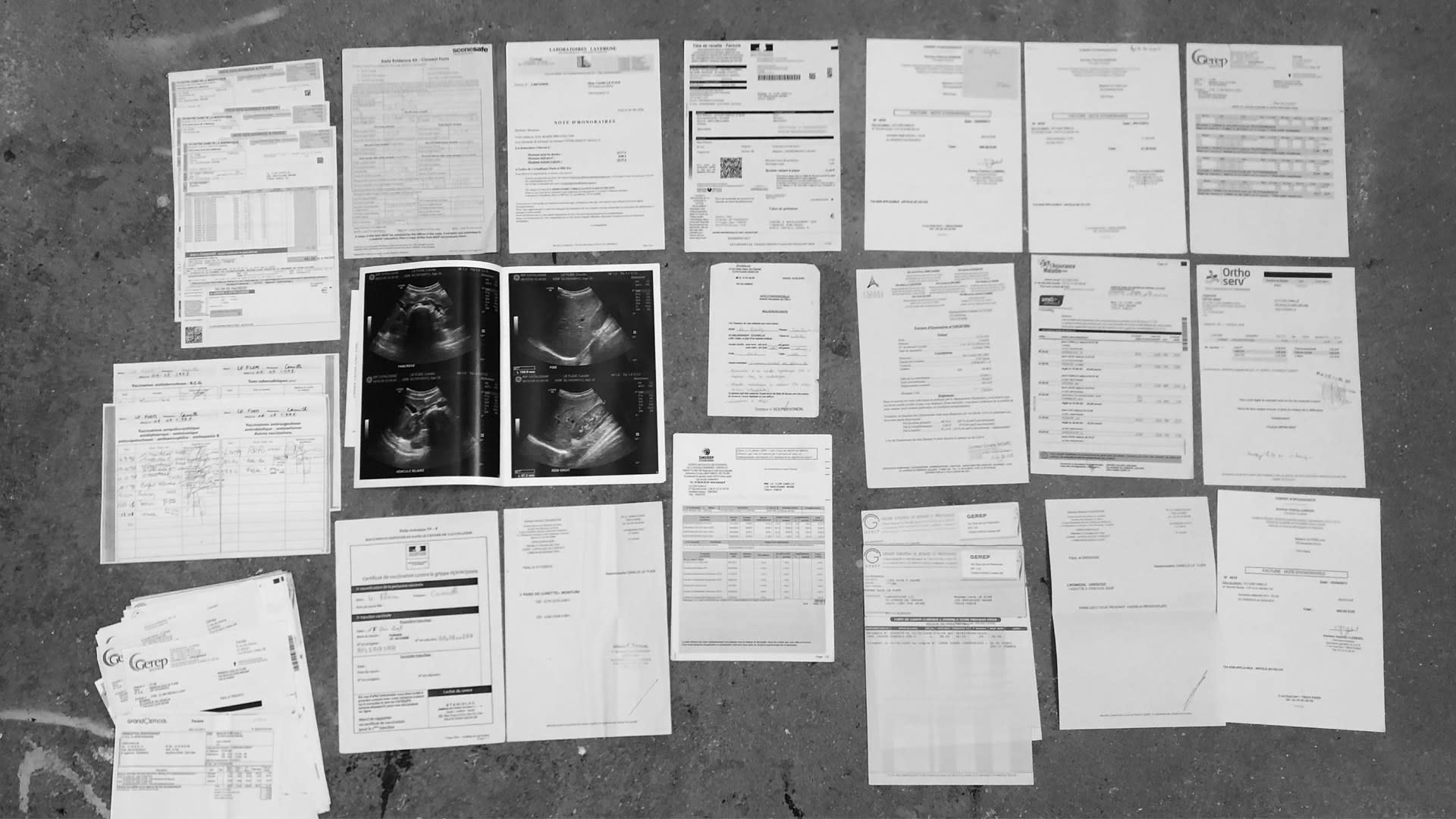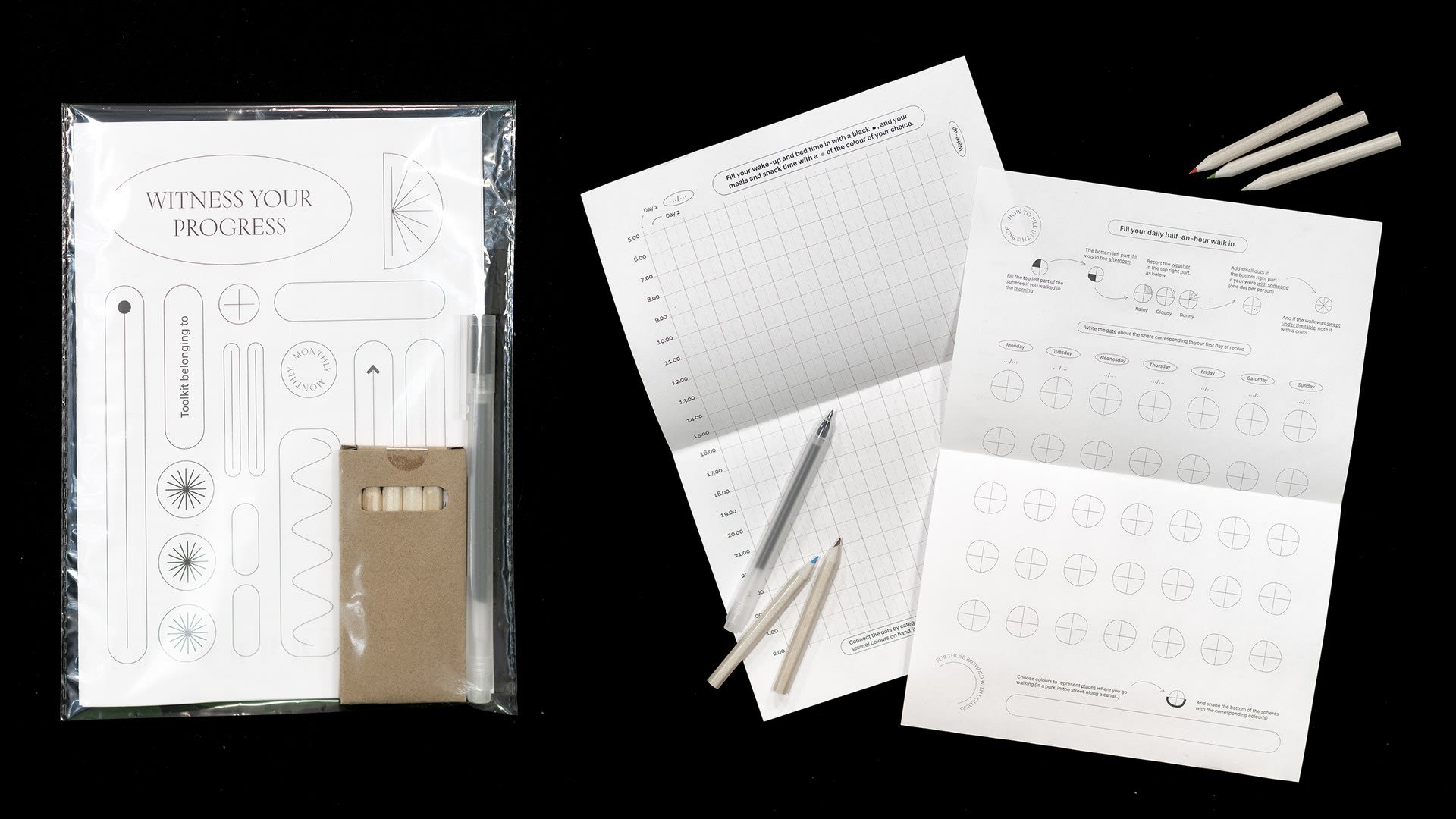I’m a London based graphic designer, data investigator, storyteller, and a stubborn optimistic.
My work engages with an inquisitive observation of everyday dynamics. I am passionate about voice-centred design as an approach to drive narratives, to empower people, and to shape empathetic communication tools.
I previously graduated with a Bachelor in Photography at École de Condé, Paris.
Collaborations
In June 2020, I collaborated on the visual identity for Typographic Singularity, an annual celebration of typography and language in creative practice.
I’ve been working in 2020 as co-author, photographer and photography editor for Cold Swimmers, a co-published book with Maya Gulieva and Rocco Punghellini, that explores the activity’s mental heath benefits, body-positivity and community belonging in harmony with nature.
More recently, I designed in 2021 the visual identity for First Impressions, a sculpture exhibition that reclaims the emotional life of things when individualism, isolation and loneliness are rife.
I finally co-designed WIP2021 and RCA2021 visual identities with Amir Saidani, as a celebration of our international and diverse cohort, revealing students statements in their mother tongues.








